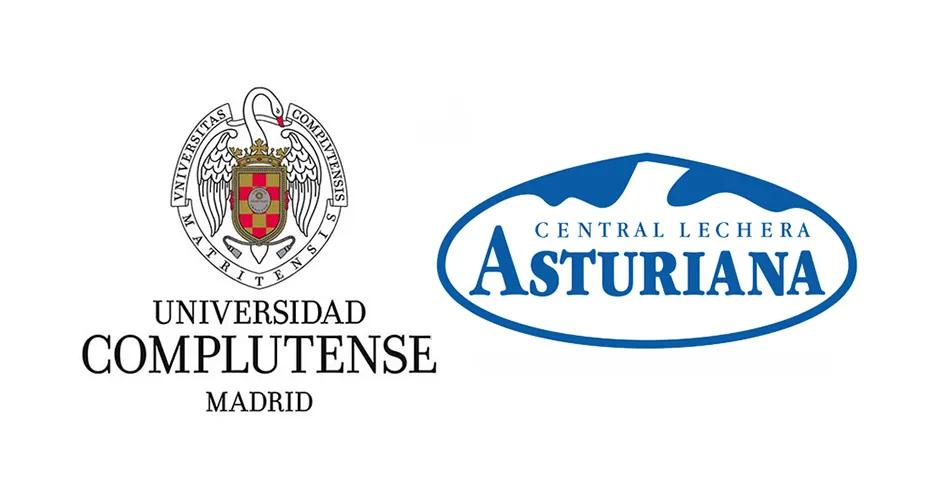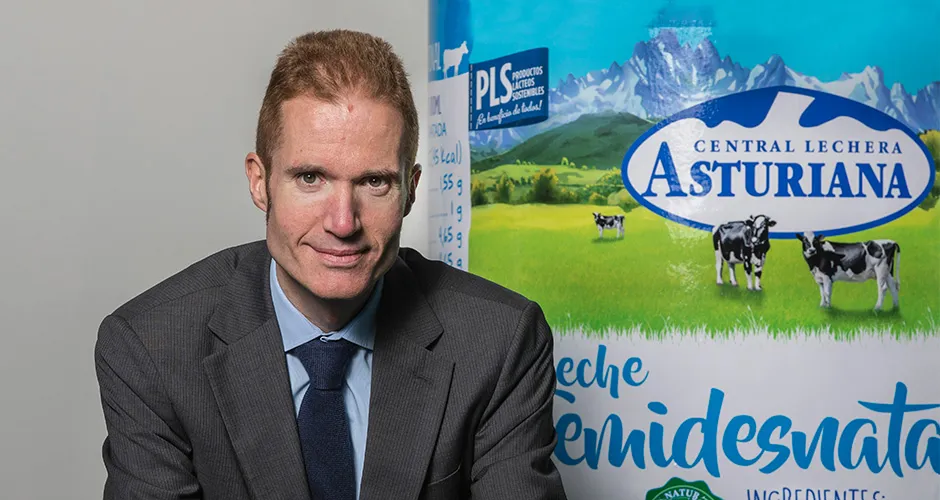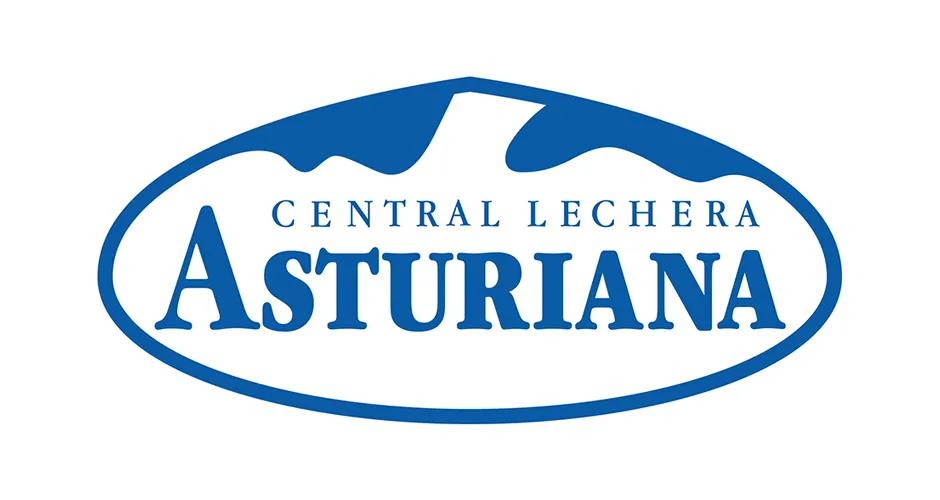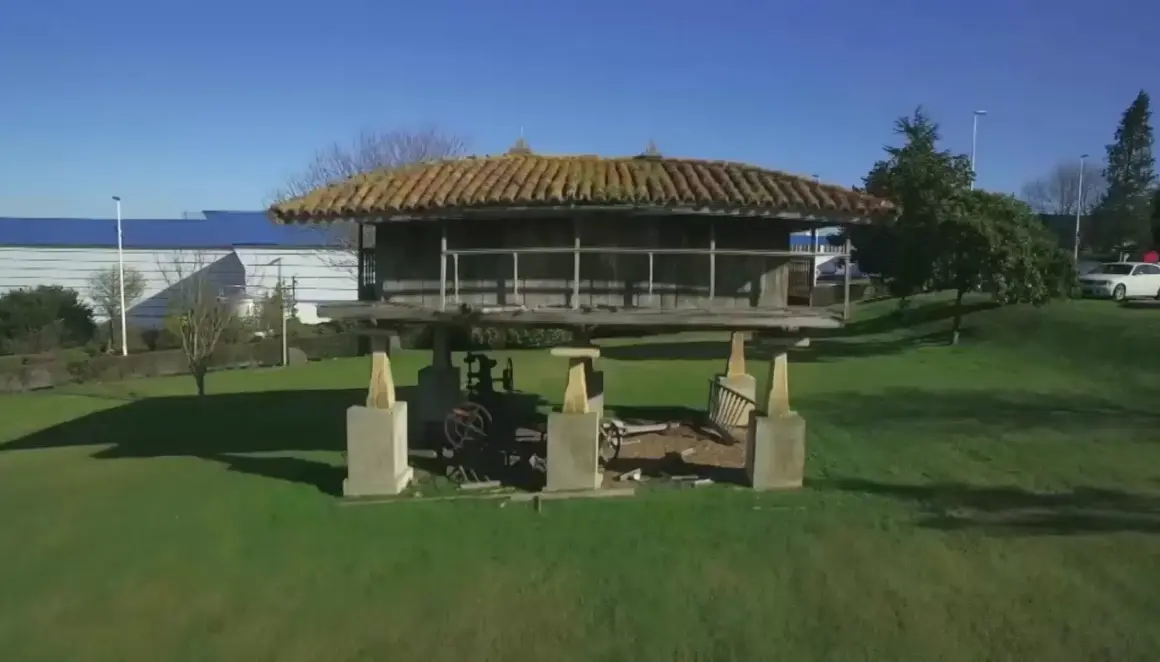- This project is being undertaken by the Complutense University of Madrid and Central Lechera Asturiana Chair of the Faculty of Medicine for Training and Research into Nutrition and Education for Health, funded by theCentral Lechera Asturiana Institute for Personalised Nutrition.
- The results will help to determine the existence of a central human microbiome and to detail its relationship with different diseases and health disorders, so that it can be used in the fields of science and health for the benefit of society.
The UCM / Central Lechera Asturiana Chair for Training and Research into Nutrition and Education for Health, attached to the Complutense University of Madrid’s Department of Medicine has launched the study “Spanish Microbiome Project”, funded by the Central Lechera Asturiana Institute for Personalised Nutrition (ICLANP).
This study, approved by the Clinical Research Ethics Committee (CEIC) of the San Carlos Clinical University Hospital of Madrid, is a descriptive and observational clinical study.
The project will have very relevant implications for knowing the role of the microbiota in each individual in aspects such as nutrient processing, vitamin production, the presence of antibiotic resistance genes, etc.
The project’s main objectives are:
- To determine the existence of a central human microbiome.
- To understand whether changes in the human microbiome can be correlated with changes in human health.
- To develop new technological tools and bioinformatics necessary to support these objectives and address the ethical, legal and social implications revealed by research into human microbiomes.
- Using metagenomic approaches for DNA genomic sequencing, this trial will lay the groundwork for future studies into human-associated microbial communities.
The study sample will include healthy people, of both genders, between 18 and 70 years. In order to guarantee a representative sample of the population, participants will be selected by age, gender and autonomous community conglomerates from among those registered who meet a series of inclusion criteria and do not present exclusion criteria.
The process of recruiting volunteers is currently underway. Anyone interested to participate can register through the website of the Chair (www.ucm.es/catedra-ucm-clas/) or the Institute (www.ienp.es/microbioma/), and take part in this study entitled “Spanish Microbiome Project: Sequencing the 16S rRNA gene and reference ranges for clinically relevant microbial taxa of the human intestinal microbiome in healthy people in Spain”.
According to the studies published by the Complutense University of Madrid and Central Lechera Asturiana Chair for Training and Research into Nutrition and Education for Health directed by Dr Luis Collado, “the bacterial microorganisms of the human organism have recently attracted unprecedented attention from the biomedical community for the growing evidence that supports its central role in human health and disease. The intestinal microbiota consists of billions of bacterial microorganisms; more than 500 species that inhabit our gastrointestinal tract and, for a few years now, it has been known that these bacteria are not simply commensal organisms in our bodies, they serve as an important “organ” that regulates metabolic processes, including nutrient digestion and absorption, the synthesis of vitamins, mucosal immunity modulation and the production of toxins and carcinogens.”
Dr Luis Collado also says that “knowing the intestinal microbial community composition is essential to understanding and acting on the processes related to nutrition and their impact on health. The Spanish Microbiome Project is a pioneer in establishing a map of the intestinal flora among the healthy Spanish population. This project will open new lines in developing precision medicine and nutrition, so that medical and nutritional actions can be personalised for each individual person in the future”.
The results of this study will help to determine the existence of a central human microbiome and detail its relationship with different diseases and health disorders. It will also be used in the fields of science and health for the benefit of society.
The CENTRAL LECHERA ASTURIANA INSTITUTE FOR PERSONALISED NUTRITION was conceived with the aim of researching and improving people’s health and wellbeing through precision nutrition and making the research available to society, with collaboration from institutions with a solid scientific reputation such as the Complutense University of Madrid and Central Lechera Asturiana Health and Nutrition Faculty, directed by Dr Luis Collado; Darwin Bioprospecting Excellence, a company formed by scientists from the Universitat de València and the Superior Council of Scientific Research (CSIC), which have more than 25 years of experience in microbiology; SNGULAR, the creator of BuyVIP as a technological partner and CAPSA FOOD, the leading dairy company in Spain, which develops products that add value and contribute to improving consumers’ health and nutrition as part of its strategic plan and CSR.




